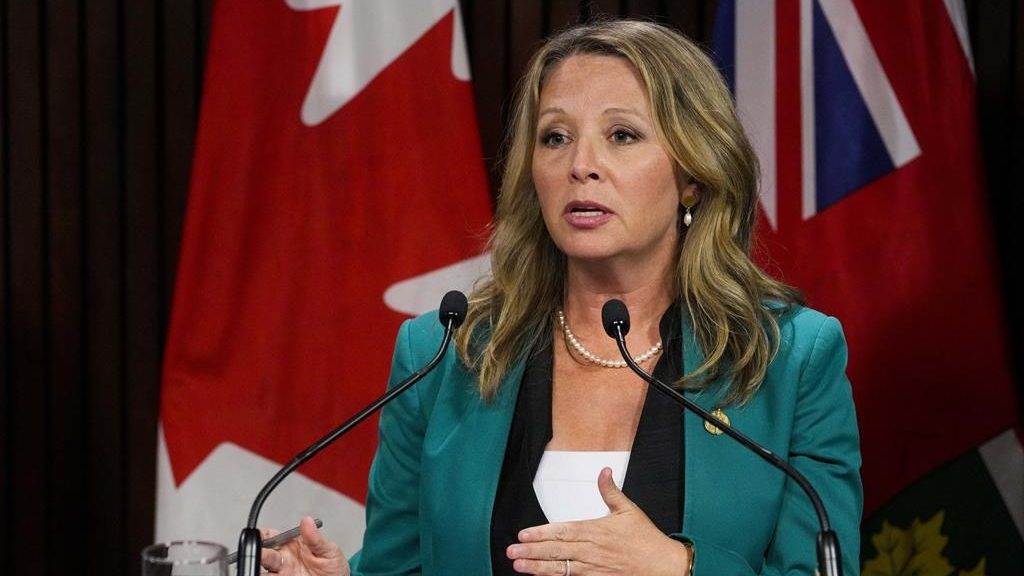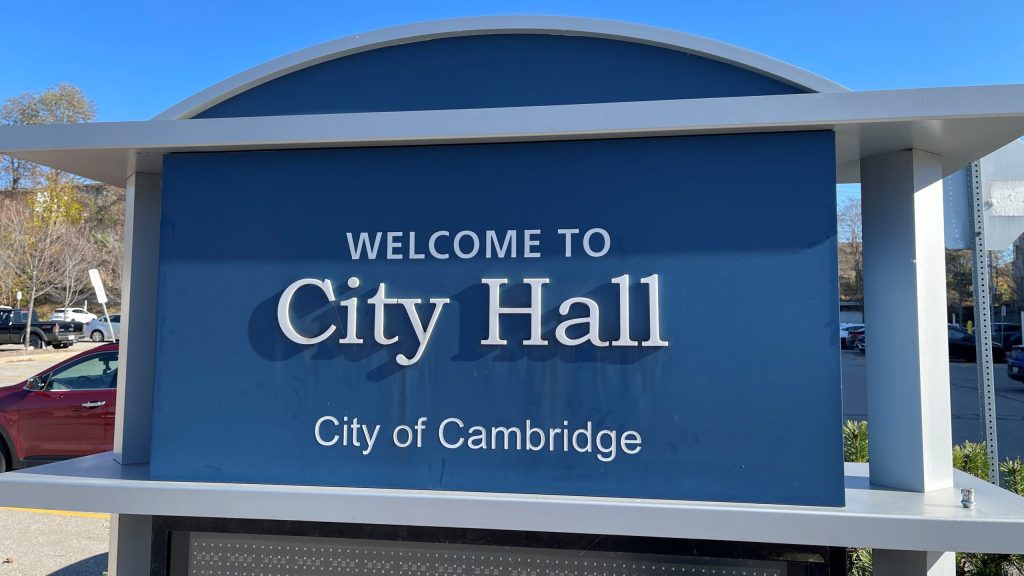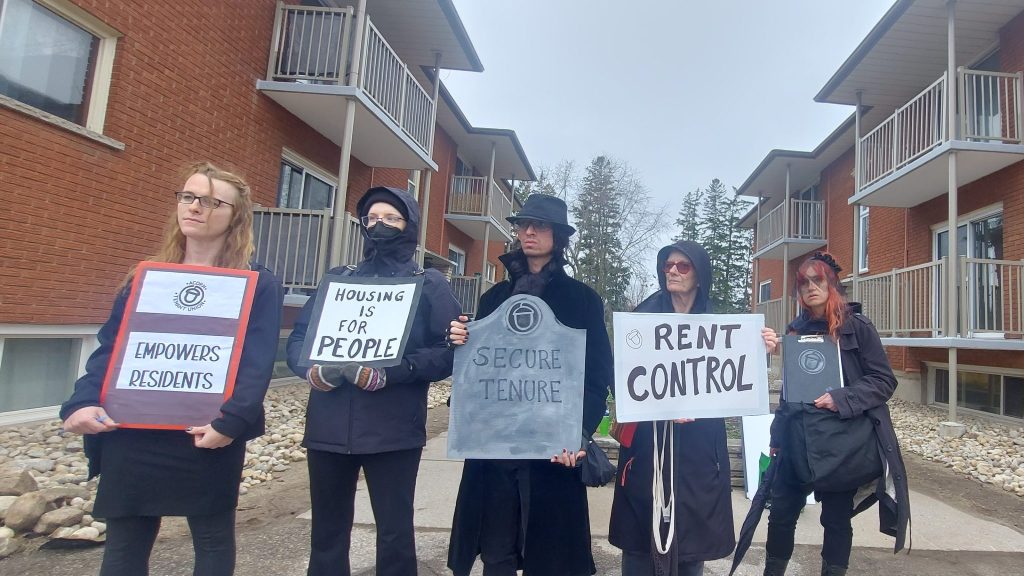US home construction rose 6.3 per cent in September, fueled by more apartment building
Posted Oct 17, 2014 09:13:10 AM.
This article is more than 5 years old.
WASHINGTON – Construction firms broke ground on more apartment complexes in September, pushing up the pace of U.S. homebuilding.
Housing starts rose 6.3 per cent to a seasonally adjusted annual rate of 1.017 million homes, the Commerce Department said Friday. Almost all of the gains came from apartment construction — a volatile category — which increased 18.5 per cent after plunging in August.
The sluggish recovery and meagre wage growth has left more Americans renting instead of owning homes. Apartment construction has surged 30.3 per cent over the past 12 months.
Starts for single-family houses rose just 1.1 per cent in September, contributing to an 11 per cent gain during the past 12 months.
Applications for building permits, a good sign of future activity, increased 1.5 per cent to an annual rate of 1.018 million. That also reflected the strength in apartment building. Permits for multi-family buildings rose 7 per cent in September, compared to a 0.5 per cent drop in permits for single-family houses.
Other indicators reflect the continued to shift to rentals. The residential component of the American Institute of Architects billing index stood at 58.1 in August. That index is more heavily-weighted to multi-family housing and any reading above 50 signals growth.
Meanwhile, real estate sales have failed to get much traction in recent months. Price growth is slowing, yet the surge in home values through the middle of last year has made affordability a challenge for many would-be buyers. Homebuilders are also feeling slightly less optimistic.
The recent turmoil in the financial markets caused the average 30-year fixed mortgage rate to drop to a 52-week low of 3.97 per cent. That should help spur some additional buying, but it’s unlikely to be enough to suddenly boost construction.
“While the drop in mortgage rates likely will prompt stronger home sales by the turn of the year, we don’t expect a significant upward trend in construction to re-emerge until next spring,” said Ian Shepherdson, chief economist at Pantheon Macroeconomics.
Home prices rose 6.4 per cent in August compared with a year ago, according to real estate data provider CoreLogic. This marks a substantial slowdown. Home values had chalked up annual gains of as much as 12 per cent toward the end of last year.
Those increases are substantially larger than wage growth, which has barely exceeded inflation by increasing at roughly 2 per cent a year. Without wages rising more strongly, it becomes difficult to save for a down payment and qualify for a mortgage. This has boosted the share of Americans who rent, which has sparked construction of apartment complexes and simultaneously caused monthly rental costs to rise.
Online real estate firm Zillow estimates that it takes 29 per cent of people’s household income to pay for rent, compared to 24 per cent in 2000. The share of adults doubling-up with a roommate to cover rent has also increased to 32 per cent from 25 per cent in 2000.
And fewer buyers are searching for homes, causing homebuilders to become less confident in September. A sentiment index sponsored by the National Association of Homebuilders and Wells Fargo slipped to 54 in September compared to 59 in the prior month. Any reading above 50 represents growth.
But the portion of the index dedicated to traffic from would-be buyers fell to 41 last month from 47.
Though new homes represent only a fraction of the housing market, they have an outsized impact on the economy. Each home built creates an average of three jobs for a year and generates about $90,000 in tax revenue, according to data from the Home Builders.










